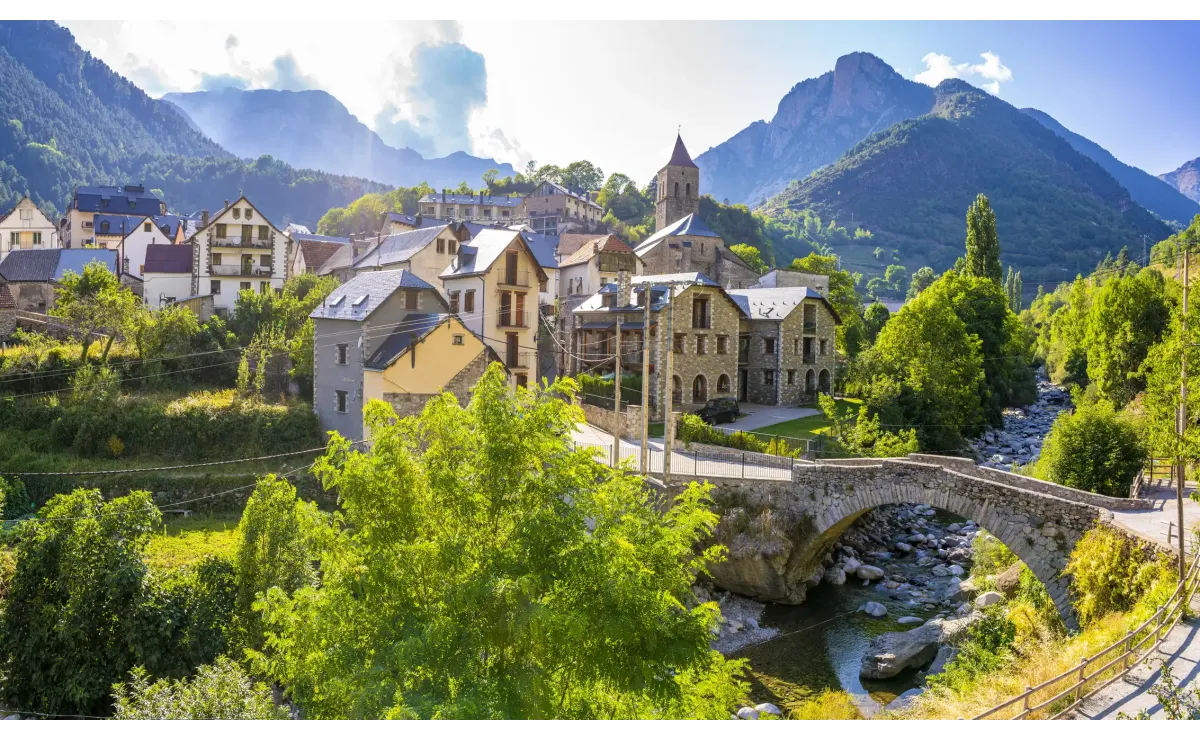Social impact
How to measure the success of cooperatives beyond the economy
The success of a cooperative does not involve obtaining the greatest economic profit, but rather it seeks to exercise a social impact on the community.

From the disappearance of essential services like schools and health centers to the shortage of basic infrastructure like high-speed internet access, the consequences of depopulation in rural Spain are devastating and demand solutions.
Spain is facing up to a monumental challenge: the depopulation of its rural areas, a phenomenon known as “Empty Spain”. This constant exodus, driven by the lack of opportunities and services, has left many small towns on the verge of extinction, with an ageing population and an alarming lack of young people. This loss of inhabitants does not only affect the demographics, but it also erodes the social structure, the economic vitality and the environmental sustainability of these regions.
The decline of these villages can be seen in many areas, ranging from the disappearance of essential services such as schools and health centres, to the lack of basic infrastructures such as high speed internet access. This situation is creating an ever-widening gap between dynamic cities and rural stagnation, undermining the country’s territorial cohesion. However, in the midst of this scenario, one economic model is emerging as a promising solution: the social economy.
Although the social economy is nothing new, its relevance in the current context is undeniable, and its roots in the community and spotlight on the local requirements turn it into a natural ally for rural development. In Spain, the social economy is an economic driver in the rural environment: 85% of the social economy entities are found in towns of less than 40,000 inhabitants. This implantation underscores its capacity to generate activity and employment where it is most needed.
As true catalysers of rural development, the social economy entities create stable, quality local employment, which is less prone to relocation, and often they give priority to hiring people from vulnerable groups such as women, young people and people with disabilities. This not only generates revenue, but it also settles the population in the territory, a crucial goal in the fight against depopulation.
Additionally, these organisations are fundamental in providing essential services in areas where, either the traditional market does not reach, or is not profitable. We are talking about services such as caring for the elderly, education, water management and home help and they mean the inhabitants are not obliged to move searching for these services. Their capacity for diversifying the rural economy, promoting entrepreneurship and collective innovation, is also essential.
Success stories such as that of Villalba de Duero, which , which has seen its population grow by 64% since the 1990s, thanks to local business initiatives and generational replacement, show the real impact of this model. The agricultural cooperatives, for example, allow the small producers to join forces to market their products and access markets, retaining value in the rural economy. There are also care cooperatives that offer vital services in remote villages, creating female employment and helping to anchor the population in these areas.
In spite of its potential, the rural social economy is facing up to certain challenges. Access to funding adapted to its non-traditional models continues to be an obstacle. There is also a generalised lack of awareness about its value and complicated regulations that make its growth difficult. However, the Spanish legal framework, such as the Law 5/2011 on Social Economy, and support by European funds and national programmes, are offering a solid foundation to base its development on.
In order to maximise its impact, it is essential to strengthen the financial instruments, to simplify the administrative formalities and to increase the visibility of the social economy. Investing in training, promoting the collaboration between entities and encouraging alliances with public administrations are indispensable steps for building a rural Spain that is more balanced, cohesive and sustainable. The social economy does not only fight against depopulation, it also builds a vibrant, resilient future for our villages.